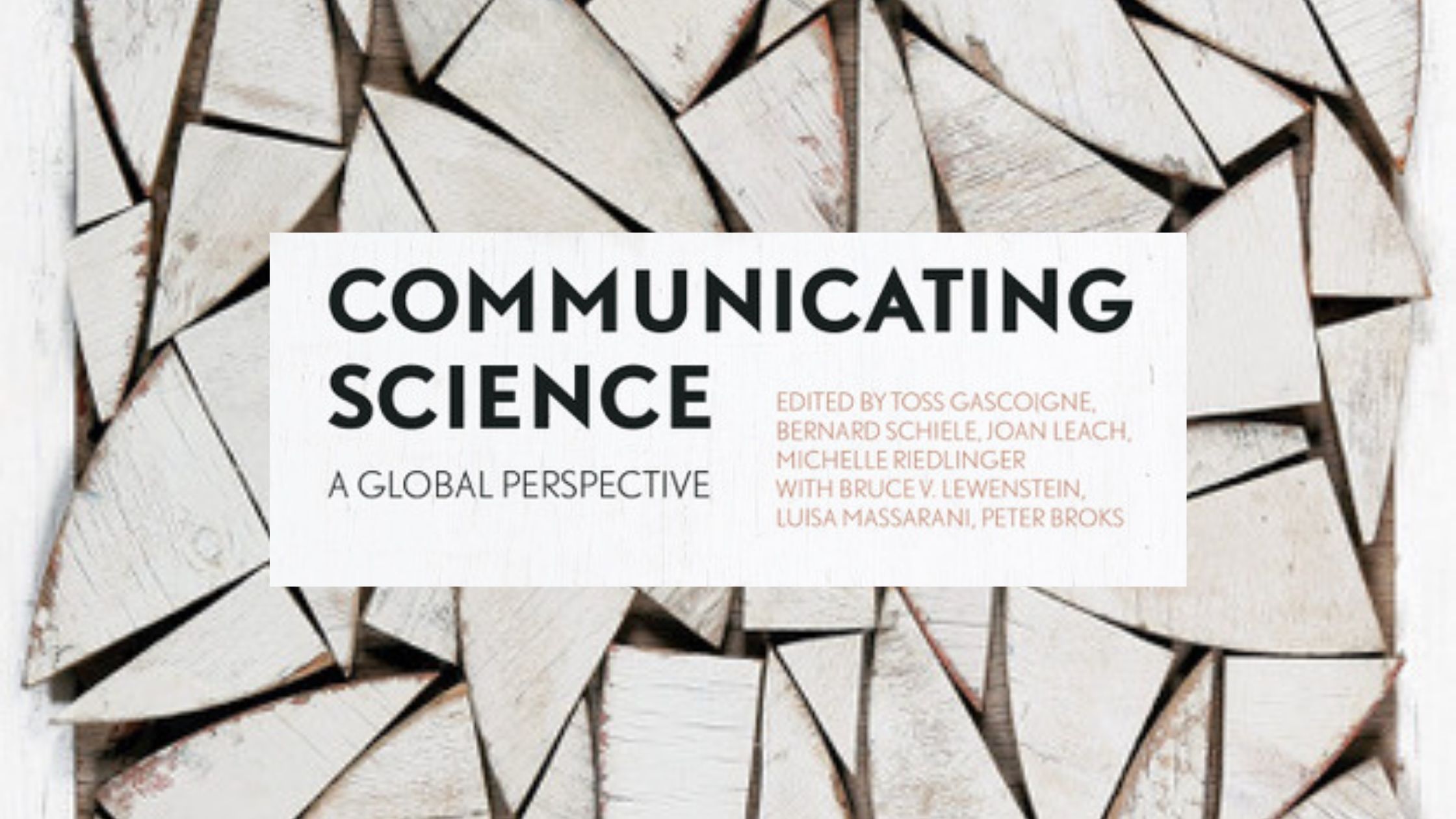
Our lab is growing! In our Three Questions series, we’re profiling each of our members and the amazing work they’re doing.

Our lab is growing! In our Three Questions series, we’re profiling each of our members and the amazing work they’re doing.

This post is a collaboration between ScholCommLab member Alice Fleerackers and SFU Knowledge Mobilization Officer Lupin Battersby. It was first published on November 18, 2020 at SFU Library’s Radical Access blog and has been reposted here with permission. Curious about research blogging, but not sure where to start? In this post, we answer common questions about why, when, and where to blog about research.

Our lab is growing! In our Three Questions series, we’re profiling each of our members and the amazing work they’re doing—starting with DeDe Dawson. An Associate Librarian at the University of Saskatchewan, DeDe is a visiting scholar with the lab who is passionate about scholarly communication, open access, and advocating for a transition to more equitable and sustainable journal publishing models.

Data management is a core aspect of the research process, helping scholars organize their work, share it with others, and collaborate effectively.

“I am convinced that openness and transparency make research outputs and outcomes better,” says Stefanie Haustein when asked what motivates her to practice open scholarship. “Knowledge produced by the scholarly community should be open to all, not hidden behind paywalls.”

Once all but unknown to anyone but economics or high energy physics researchers, preprints are becoming more popular across the disciplinary spectrum. These unreviewed reports allow scholars to share their work with the wider research community as soon as it is finished, without having to navigate what can sometimes become a lengthy peer review process.

As governments across the world grapple with the impacts of the COVID-19 pandemic, several other urgent crises have taken a back seat. Among them is the opioid epidemic. Here in Vancouver, BC, where almost half of our team is based, the effects of this second, fatal crisis are visible every day. Just this May, our province reported a record-breaking number of overdose-related deaths: 170 in a single month, or about 5.5 a day.

Want to make online readings a little more engaging? Social annotation (SA) may offer one solution. SA tools allow students to highlight and comment on online course materials, sharing questions and ideas with each other as they read. When used effectively, they can help boost student motivation, reading comprehension, and more.

How did modern science communication begin? How has it evolved from one country to the next? What social, political, and economic forces inspired those changes? Published this week by ANU Press, Communicating Science: A Global Perspective explores all of these questions and more.

Stefanie Haustein wins Alfred P. Sloan Foundation research grant of $200K US Have you ever wondered what motivates researchers to reuse open data and what makes them cite (or not cite) datasets in their work? Or how sharing, reusing and citing open data differs between research areas or changes during a researcher’s career? ScholCommLab co-director Stefanie was awarded $199,929 US ($281,660 CDN) by the Alfred P.

By Mario Malički and Juan Pablo Alperin This blog post is inspired by our four part series documenting the methodological […]